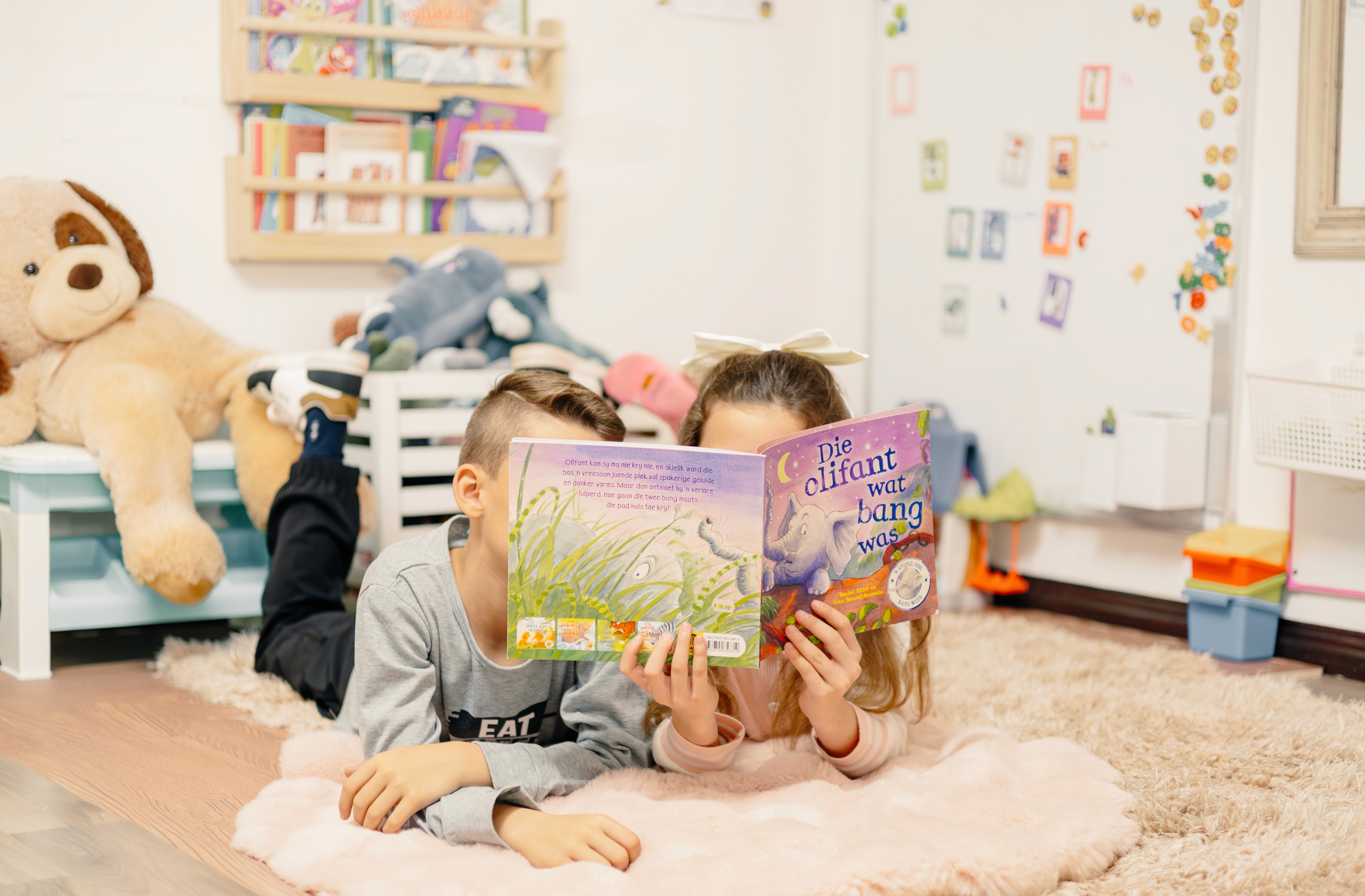Play Therapy
Play therapy provides a safe environment for children to express themselves through activities like drawing and storytelling, aiding in emotional insight and skill development.
What is Play Therapy?
Play therapy is a form of counselling that uses play as a medium for children to express emotions, process experiences, and work through challenges in a safe, supportive environment. It allows trained therapists to observe and understand a child’s inner world when they may not yet have the words to communicate their feelings.
Benefits of Play Therapy
Play therapy helps children improve emotional regulation, reduce anxiety, build confidence, and develop healthy coping mechanisms. It’s especially effective for children who have experienced trauma, behavioural difficulties, family changes, or social struggles, offering them a non-threatening way to heal and grow.
What Toys Are The Most Effective During Play Therapy?
The most effective toys in play therapy are those that encourage expression and creativity, such as dolls, puppets, art supplies, building blocks, sand trays, and miniature figurines. These tools help children act out feelings, experiences, and relationships in symbolic ways that therapists can gently explore with them.
How Effective is Play Therapy?
Play therapy is highly effective for children aged 3 to 12, with research showing significant improvements in emotional, social, and behavioural well-being. It provides children with a consistent, structured outlet to process complex emotions at their own pace in a way that feels natural and safe.
How Do I Know If My Child Needs Play Therapy
Signs your child may benefit from play therapy include ongoing anxiety, anger outbursts, withdrawal, difficulty adjusting to life changes (like divorce or loss), or trouble at school or with peers. If your child seems overwhelmed or unable to express their feelings, play therapy may be a valuable next step.










